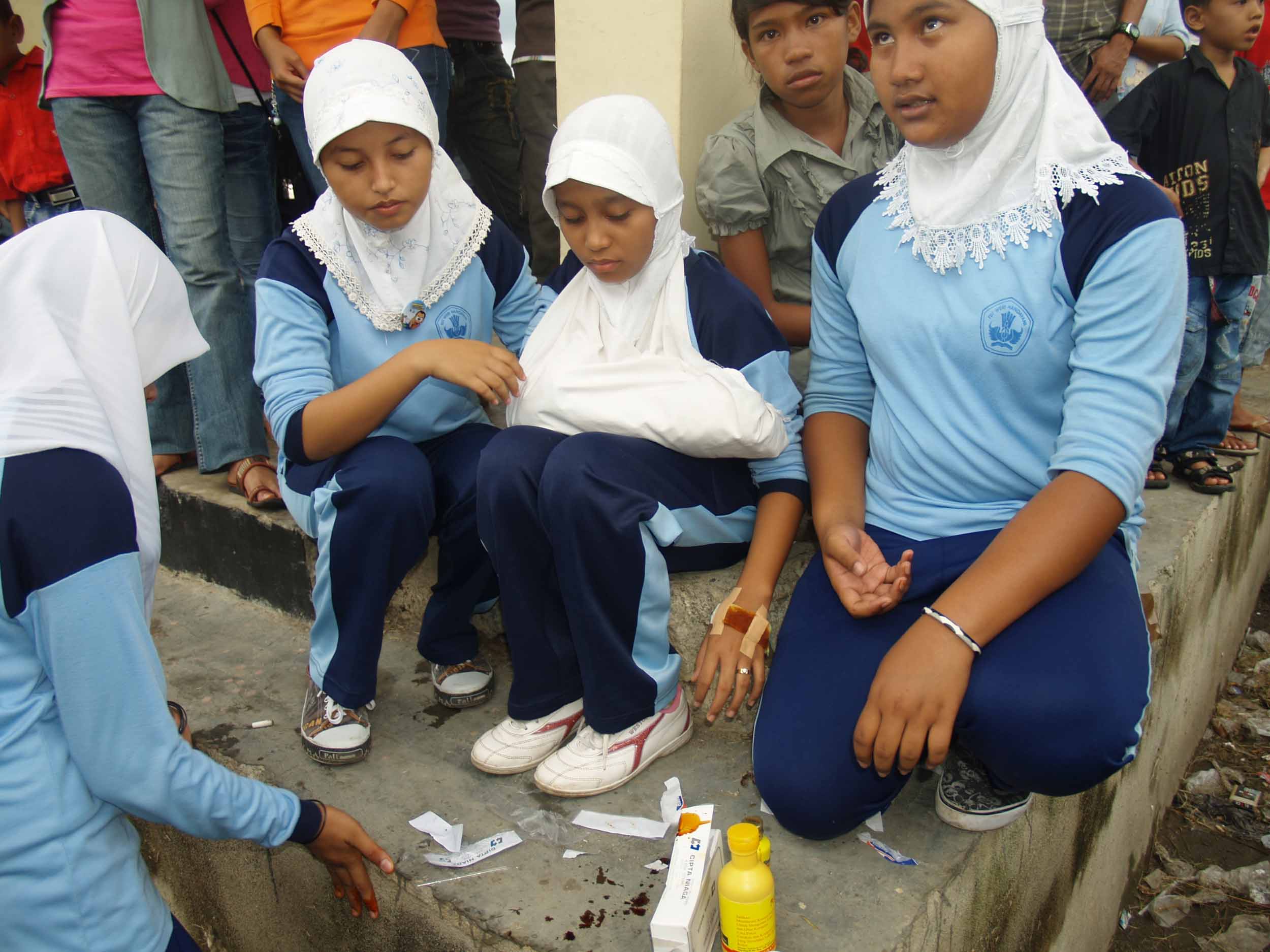The Basic Health Research also revealed that non-communicable diseases have replaced infectious diseases as the leading cause of death in all age groups.
Deaths caused by stroke constituted 15.4 percent of all fatalities among Indonesians over five, followed by Tuberculosis at 7.5 percent.
The survey also revealed that 6.5 percent of deaths among people of all ages were caused by injuries.
The report stated that 25.2 percent of deaths among under-fives are caused by diarrhoea, followed by pneumonia at 15.5 percent.
Dengue haemorrhagic fever is the main cause of death among children between five and 15 in urban areas, at 30.4 percent, while diarrhoea is the greatest killer among the same age group in rural areas, at 11.3 percent.
The prevalence of dengue is 0.6 percent nationally but in some provinces it is higher: 2.5 percent in East Nusa Tenggara, 2 percent in West Papua, 1.2 percent in Bengkulu and 1.2 percent in Jakarta.
The survey, the first of its kind in Indonesia, collected data to measure 900 health variables from 258,366 households or almost one million people. It was conducted in two stages in 33 provinces, first from August 2007 to January 2008, and again between August and September this year.
While the prevalence of general malnutrition and poor nutrition at all ages is 18.4 percent nationally, in four districts the percentage is about 40 percent and in six other districts above 35 percent, according to the Basic Health Research survey.
|
Photo: Brennon Jones/IRIN  |
| Stroke is the leading killer of Indonesians |
The national prevalence of stunted children in Indonesia is 36.8 percent. The survey also reveals some success in controlling malaria, with prevalence on the islands of Java and Bali less than 0.5 percent.
The number of households using more than 20 litres of clean water per person per day stands at 14.4 percent nationally but in 20 provinces, including Jakarta, the amount is below 20 litres, the minimum prescribed by the World Health Organization.
"The results of this research are very useful for developing policies and planning health programmes," Triono Sundoro, head of the Health Ministry's Research and Development Division, stated on the release of the report this month.
"With 900 variables, the outcome of the research can be used to develop further studies and analysis, as well as new standards for indicators of health," he added.
atp/bj/mw
This article was produced by IRIN News while it was part of the United Nations Office for the Coordination of Humanitarian Affairs. Please send queries on copyright or liability to the UN. For more information: https://shop.un.org/rights-permissions





